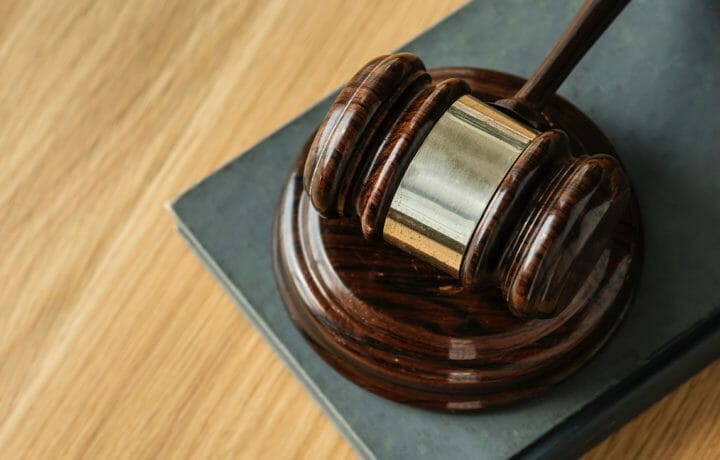After the odyssey of the SF-86, the background interview, and maybe even a polygraph exam, the time comes to see if the federal government deems you fit to hold a security clearance. Not all investigations result in a favorable adjudication, however. You may be a recipient of the dreaded Statement of Reasons (SOR) – basically an outline of why the government intends to deny your clearance. If you’ve already been deemed fit and have held your security clearance for awhile, but then Uncle Sam catches wind of some financial or legal issues and decides you are no longer trustworthy, you may likewise find yourself a SOR recipient. In either case, you may find yourself face to face with DOHA: the Defense Office of Hearings and Appeals.
DOHA oversees the hearings and appeals process for security clearances issued by the Department of Defense. When an applicant is officially denied a security clearance, they can appeal to DOHA to examine their case. Or if issues arise for a current clearance holder, DOHA will review the details of the case and judge whether that person should maintain their clearance. In a sense, DOHA is kind of like the Supreme Court of security clearances; they’re usually the final word. But once DOHA has passed down their ruling from on high, can it be reversed? That’s an issue raised recently by former background investigator, security specialist, and ClearanceJobs Blog moderator Marko Hakamaa.
Can DOHA Reverse Their Original Ruling on a Security Clearance?
Though DOHA holds incredible authority in the security clearance process, much like the Supreme Court, they are neither infallible nor beyond reversing their opinion. As Hakamaa recently wrote:
“In rare instances, security clearances decisions made by Defense Office of Hearing and Appeals (DOHA) judges are not consistent with the adjudicative guidelines and are reversed on appeal. These appeals are submitted by the agency that originally denied the applicant clearance eligibility. This goes to show judges are human and sometime fall for the “bleeding heart” story ignoring the basic facts in a case.”
He goes on to recount a recent DOHA case involving a clearance holder and issues regarding financial considerations:
“The applicant was issued a Statement of Reasons (SOR) regarding $121,000 in delinquent debts, a dismissed Chapter 13 Bankruptcy, and a home foreclosure. It wasn’t until he submitted his clearance application that he started making efforts to resolve any of the debts and had made no payments until his security interview. He failed to provide credible reasons for why he incurred the debts in the first place and didn’t provide documented proof of what actions he was taking to address the delinquencies. The judge in the applicant’s initial appeal failed to consider these facts and instead, took the applicant’s word he was taking care of them at face value. Contrary to the evidence pointing to a continued lack of judgement and responsibility on the part of the applicant, the judge granted him clearance eligibility.”
But the issue wasn’t over yet. The department employing the clearance holder appealed the decision, maintaining that the employee should not have access to classified information:
“Department counsel appealed this decision and the subsequent second DOHA judge agreed that the applicant had not mitigated the financial concerns in accordance with the adjudicative guidelines. He ruled that the judge in the initial appeal had incorrectly applied mitigating conditions based on uncorroborated claims by the applicant. The initial favorable decision was reversed and the applicant was denied clearance eligibility.”
In most cases, the decisions of DOHA are final. But the above example is an important reminder that even a favorable DOHA determination could be overturned by agency appeal.
Much about the clearance process resembles the Pirate’s Code: “more what you’d call guidelines than actual rules.” This case-by-case system is meant to consider the whole person, increase process security, and allow the lowest-risk/highest-need candidates to complete the process. However, it also creates a lot of questions for applicants. For this reason, ClearanceJobs maintains ClearanceJobsBlog.com – a forum where clearance seekers can ask the cleared community for advice on their specific security concerns. Ask CJ explores questions posed on the ClearanceJobs Blog forum.
If you have a tough security clearance question, you can post your questions or concerns on ClearanceJobsBlog.com.




